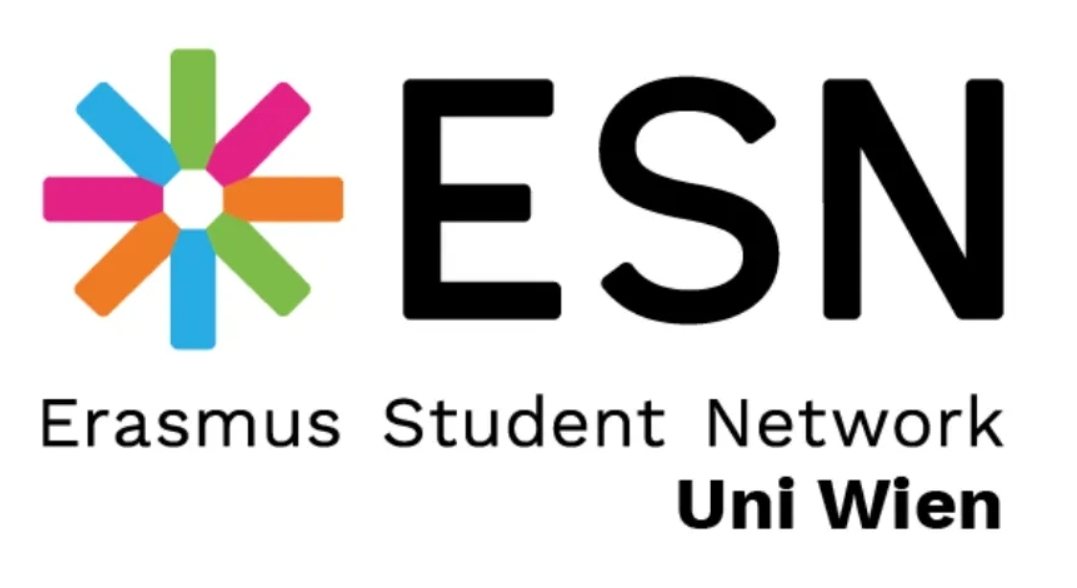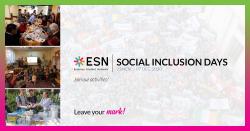What does it mean to stand up for others when they are in need? Did you ever ask yourself how you could become more socially active in your community? What does social inclusion mean for you?
These were our guiding questions as we prepared the Social Inclusion Days that take part every semester within the Erasmus Student Network (ESN). The initiative is two weeks full of activities and educational events to encourage our international students to engage, help and connect with their local and international communities. This semester we took on different activities that gave our international students a clearer picture of what it means to be socially excluded and robbed of the little things that we often take for granted.
One of our main topics highlighted homelessness in Europe which we dealt with in the project Hidden Cities. The project, which we co-organized together with ESN Austria as well as in cooperation with a few other ESN countries, consisted of the Webinar: Homelessness in Europe, the online event Hidden Stories, plus a social media campaign. In the webinar, eight NGOs from different European cities came together to present their work tackling homelessness in and to explain how they operate in order to overcome homelessness, by helping one person, one family at a time. In the Hidden Stories event, we aimed at bringing the real faces of homeless people on our screens to show the multiple facets of their everyday life and to uncover the stigma around the socially constructed prejudices, stereotypical and judgemental claims that are thrust upon them. We hereby want to sincerely thank the NGO Supertramps who supported us by giving an insight into their work with homeless people in Vienna.
Another thematic focus of ours was shedding light on the various charity organizations that operate in Austria and aim at providing better living conditions for people of all ages and with different needs. On our social media channels, we illustrated the works of organizations such as SOS Kinderdorf who focus on providing shelter for children, as well as Diakonie Flüchtlingsdienst who fight against discrimination and injustice faced by immigrants.
To end this week right, we interviewed one of our own team members who volunteers with Caritas Canisibus in their fight against social exclusion. Their work includes delivering warm meals to homeless people and ensuring a safe environment for them in which they can socialize and connect with people outside their small-enclosed communities. The interview offered a sneak-peek into what it means to be a dedicated volunteer and how every individual plays their part in helping their fellows in their local communities.
These activities organized under the umbrella of the Social Inclusion Days not only made us more attentive of the unspoken hardships that certain minorities deal with, but they were also a reminder of how we, as individuals, are responsible for creating a more inclusive environment. Therefore, we hope to have inspired and encouraged more young people to become active European citizens, who are aware and empathetic to societal issues, and who work together towards a better and inclusive future.
The Social Inclusion Days are an initiative by the Erasmus Student Network (ESN) that aims to advocate for inclusive mobility programmes, through activities that bring together international students and members of local communities, in more than 42 countries. Every semester, more than 500 local associations of ESN organize activities that aim at offering the international students the opportunity to better understand their host communities and become aware of the issues among them, as well as to spread awareness on social causes and to have a tangible impact.


Follow us